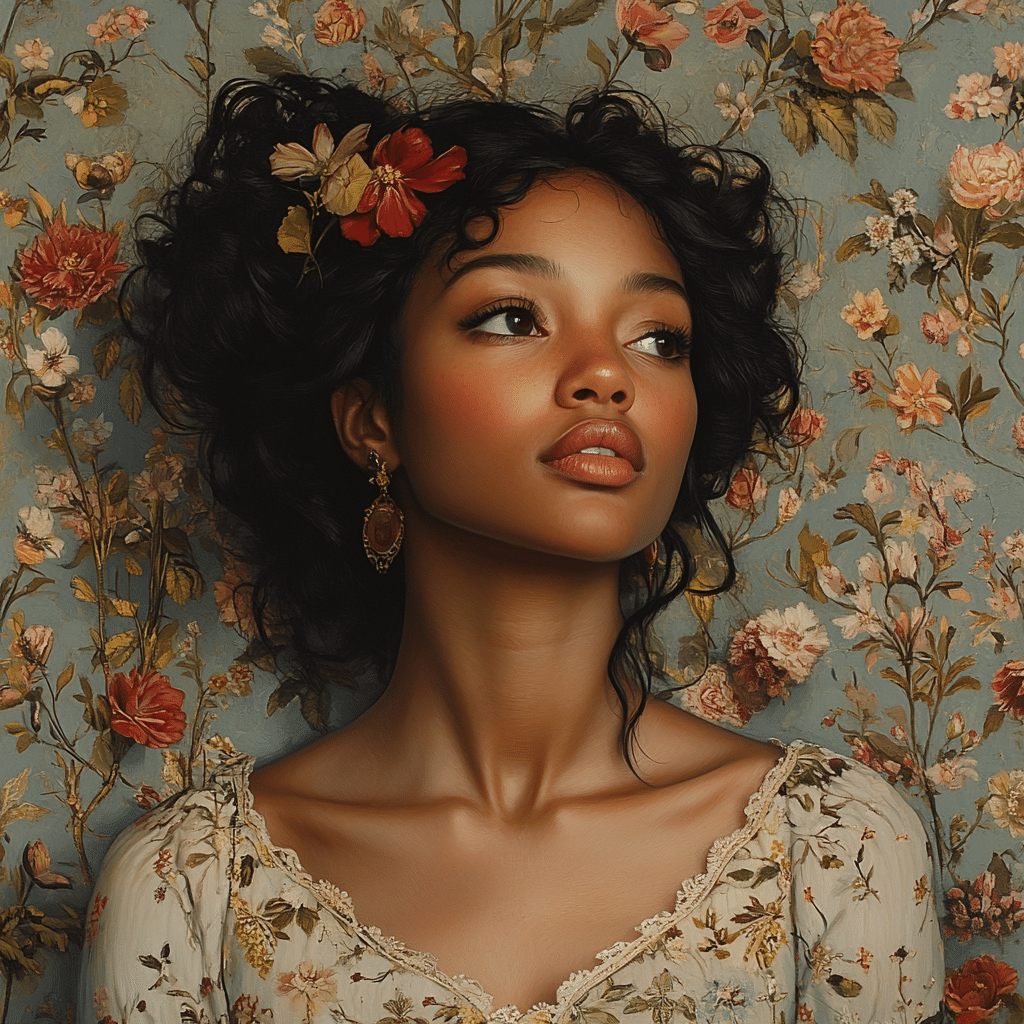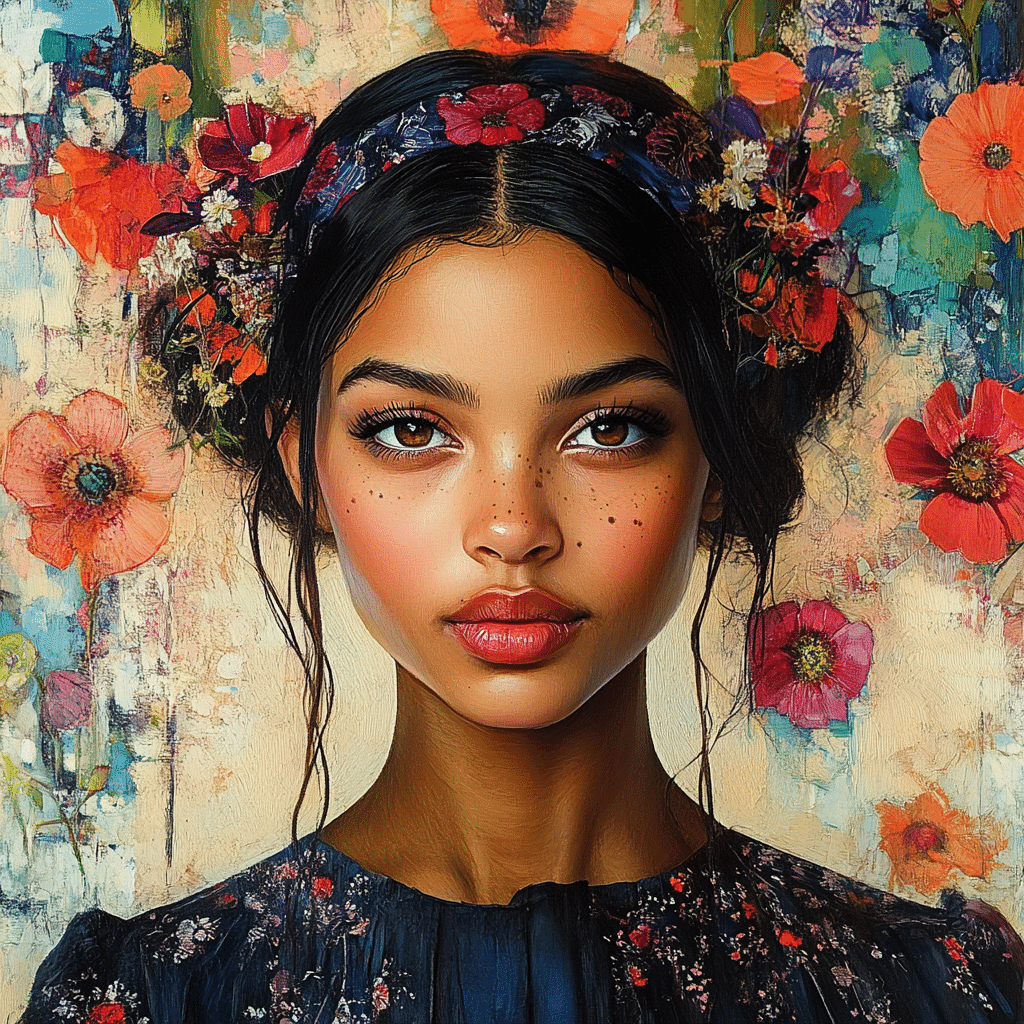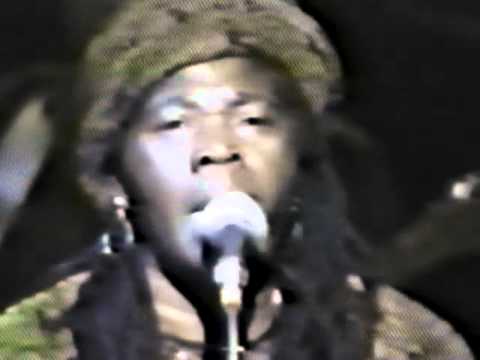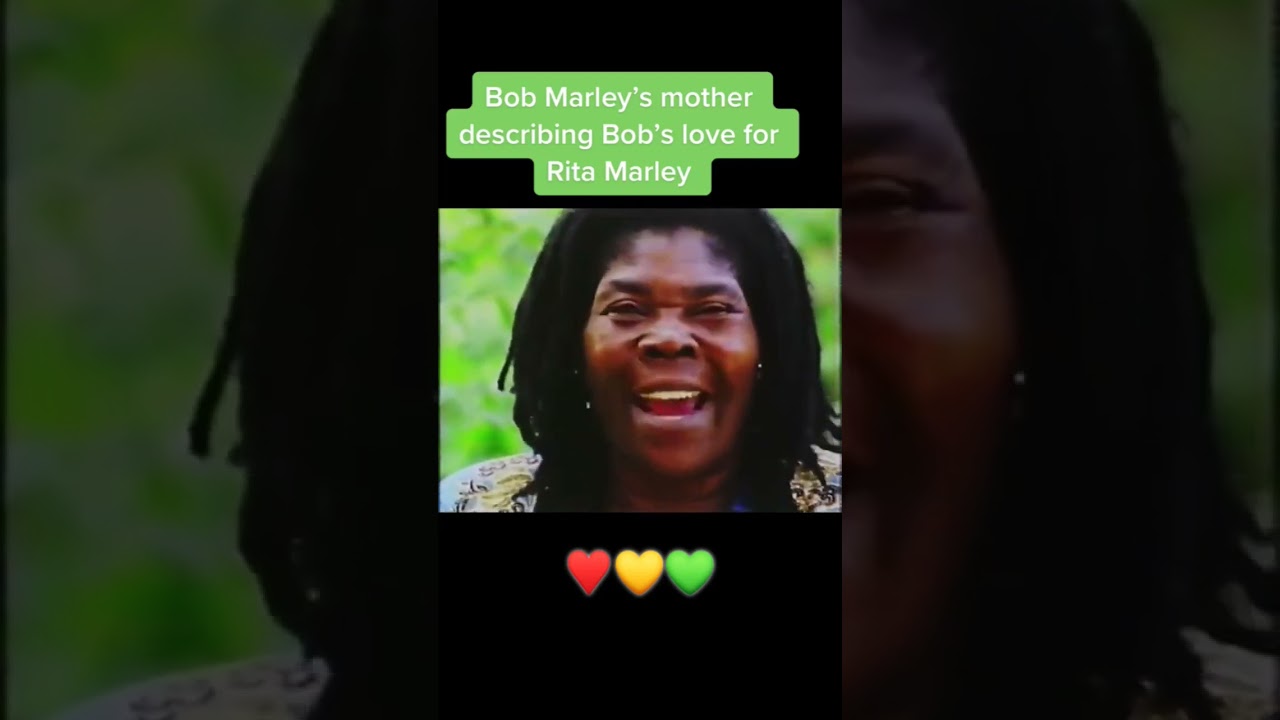
Cedella Booker The Remarkable Mother Of Bob Marley
Exploring the Impact of Cedella Booker on Bob Marley’s Life
Cedella Booker was more than just the mother of reggae icon Bob Marley; she was a powerhouse of influence and resilience who laid the groundwork for her son’s musical legacy. Born in 1926 in rural Jamaica, Cedella’s life experiences shaped her son’s character and ambitions. Being a strong advocate for education and self-expression, she instilled values in Bob that resonated throughout his life. Understanding Cedella’s role in Bob’s development reveals how her unyielding spirit shaped the music that would transform the world.
The influence of Cedella Booker isn’t just a footnote in reggae history; it’s a central theme. It’s vital to recognize how her life and struggles infused Bob’s music with depth and emotion. After all, Marley’s songs often reflect themes of love, strength, and resilience—the very attributes Cedella embodied. Her journey is a vivid tapestry that weaves through the fabric of Jamaican culture and music, influencing everything from lyrical content to community activism.
Cedella emphasized the importance of understanding one’s roots and embracing cultural identity. The way she shared stories and traditions became foundational to Bob’s worldview. It’s this connection to his heritage that transformed his songs into anthems for social justice and personal empowerment. The legacy of Cedella Booker goes beyond her immediate family; it echoes through the generations, solidifying her place as a remarkable figure in reggae music and Jamaican culture.

Top 5 Ways Cedella Booker Shaped Bob Marley’s Journey
From an early age, Cedella instilled in Bob a deep appreciation for Jamaican culture and history. Her commitment to storytelling and folklore helped create the social consciousness that defined Bob’s lyrics. By sharing tales of their heritage, Cedella gave Bob an understanding of identity, which later emerged in iconic songs like “Redemption Song.” This cultural grounding became an essential part of reggae music, as it often reflects the struggles and hopes of the Jamaican people.
Cedella’s love for music introduced Bob to a wide range of styles, from traditional Jamaican folk music to American jazz and rhythm and blues. This eclectic musical environment was pivotal in his artistic development. Artists like Louis Armstrong and Billie Holiday opened new avenues for Bob’s creativity, enriching the depth and complexity of his music. The soundscapes of these varied influences are present in hits such as “One Love” and “No Woman, No Cry,” resonating with audiences around the world.
Cedella’s strong belief in education persisted through the tough times they faced in Trench Town. Although life was challenging, she urged Bob to pursue his studies, promoting literacy and critical thinking. This emphasis on knowledge didn’t just define Bob as a person; it fueled his songwriting prowess. Engaging with literature and social issues helped him address pressing topics with intelligence and insight, making his work timeless and relevant.
Cedella’s life was marked by hardships, including the loss of her husband. As a single mother, she displayed remarkable strength and resilience, which became an inspiration for Bob. This theme of perseverance is a recurring motif in many of his powerful anthems. In a song like “Three Little Birds,” the message of hope and reassurance reflects his mother’s steadfast spirit. The struggles she faced became the backdrop for the songs that continue to inspire millions.
A fervent advocate for social justice, Cedella taught Bob about the struggles of their community. Her activism for equitable treatment and rights for the underprivileged shaped his commitment to social change. With powerful lyrics calling for action against oppression, songs like “Get Up, Stand Up” are testaments to the values she instilled in him. Through his music, Bob became a voice for the voiceless, honoring his mother’s legacy of activism and justice.
Cedella Booker’s Influence on Reggae Culture
Cedella Booker’s influence extended far beyond her immediate family. As a significant figure in reggae culture, she contributed to the genre’s rise and its association with social and political movements. Through grassroots activism and support of local musicians, she created an environment that celebrated and encouraged artistic expression. The raw power of reggae is often linked to the struggles of the Jamaican people, a narrative that Cedella Booker championed throughout her life.
Her efforts laid the groundwork for the global phenomenon that reggae is today. By organizing community events and supporting budding artists, she fostered a musical landscape rich with creativity. In many ways, Cedella was a pioneer, opening doors for social change through art, urging young musicians to use their voices to tackle societal issues. Her contributions to reggae embody the genre’s essence: resilience, hope, and a call for justice.
As reggae music continued to evolve, Cedella remained a guiding force. She encouraged her children and their peers to find strength in their roots. This passion for music and cultural heritage became vital in shaping the identity of reggae as a genre deeply intertwined with the fight for equality and representation. Without Cedella, the rich tapestry of reggae might have looked vastly different.

A Legacy That Lives On
Cedella Booker’s remarkable journey is one of love, perseverance, and deep cultural pride. Her impact on her son Bob Marley and the world transcends her role as a mother. She shaped the voice of a generation and inspired countless others in their pursuits of music, education, and social change.
As we reflect in 2024, it’s clear that her legacy continues to inspire new generations of artists who aim to use their voice for positive change. She remains a beacon of strength and resilience in a world that often needs reminding. Cedella Booker’s story encourages individuals from all walks of life to embrace their cultural identity and utilize their gifts to foster a better future.
Ultimately, her impact can’t be overstated. The strength of one person can create ripples through time, influencing not just one life, but many. Cedella Booker’s story is a testament to the power of culture, family, and the indomitable spirit that can inspire a movement—a movement that continues to thrive today.
Through her enduring legacy, Cedella Booker invites each of us to channel our struggles into creativity, allowing our voices to echo through generations. Whether in music, art, or activism, she teaches us that our roots shape who we are and that we can, without a doubt, change the world.
Cedella Booker: The Remarkable Mother of Bob Marley
A Legacy of Strength and Music
Cedella Booker, born in 1926, was not just the mother of reggae icon Bob Marley; she was a force to be reckoned with. Growing up in a challenging environment in Jamaica, she learned early on that resilience is key. She infused Bob with her passion for music, which would later inspire some of his biggest hits. Fun fact: her talent wasn’t limited to raising a musical legend; Cedella was also known for her sewing skills, creating outfits that her children wore, including those iconic shirts Bob sported. Talk about a real duplex definition of a multitasker!
Inspiring Generations
Cedella faced numerous trials throughout her life, but her spirit remained unbroken. She found strength in her community and uplifted those around her. Did you know she also worked to provide for her family, showing the kind of fierce dedication that would inspire future generations? Her story echoes in Bob’s song “Three Little Birds”—a message of hope that resonates far beyond their Jamaican roots. Meanwhile, in today’s entertainment scene, we see themes of familial love and passion reflected in contemporary works like Chainsaw Man movie adaptations, reminding us that powerful legacies live on.
The Vibrant Jamaican Culture
The cultural spirit of Jamaica infused Cedella’s life and work. She played a significant role in promoting Jamaican culture long before Bob became a worldwide sensation. This influence is akin to the way creators like Fede Vigevani capture cultural nuances in their projects, making their stories universally relatable yet deeply specific. Cedella’s belief in the arts as a way to channel life’s struggles mirrored the artistic expressions open to today’s creators, from music to film. Just as Soda Popinski made waves in retro video games, Cedella’s contributions have left an indelible mark on music history.
Cedella Booker’s life story teaches us that strength and creativity can arise from the most challenging circumstances, and this is well worth celebrating!

Was Bob Marley’s mother married to his father?
Bob Marley’s mother was indeed married to his father, Norval Sinclair Marley, but they separated shortly after Bob was born.
Did Bob Marley live with his mother?
Yes, Bob spent a good chunk of his childhood living with his mother, Cedella Malcolm, in the rural community of Nine Miles, Jamaica.
Is Cedella Marley Bob Marley’s biological daughter?
Cedella Marley is Bob’s biological daughter, as she was born to him and his wife, Rita Marley.
Did Bob Marley have a relationship with his father?
Bob had a brief relationship with his father, Norval, but it was limited to about a year before he mostly lived with his mother.
Who inherited Bob Marley’s fortune?
Bob Marley’s fortune was inherited by his many children, including his wife, Rita, and other family members.
Why did Bob Marley’s mom go to Delaware?
Cedella Marley moved to Delaware after marrying Edward Booker, especially after Bob’s father passed away in 1955.
What ethnicity was Bob Marley?
Bob Marley was of mixed ethnicity, primarily Jamaican with some Caucasian ancestry from his father’s side.
Who raised Bob Marley’s kids?
Bob’s children were raised by various family members, including their mother, Rita Marley, and Bob’s extended family, as well as Bob himself when he was around.
Where did Bob Marley live most of his life?
Bob Marley lived most of his life in Jamaica, particularly in Nine Miles and later in Kingston.
How many wives did Bob Marley have?
Bob Marley had one legal wife, Rita Marley, but he was in relationships with several other women.
Was Lauryn Hill married to Bob Marley?
No, Lauryn Hill was not married to Bob Marley; she’s often associated with his music as a talented artist who covers his songs.
What religion was Bob Marley?
Bob Marley was a Rastafarian, which deeply influenced his music and lifestyle.
Did Bob Marley know he was dying?
Yes, Bob Marley was aware he was dying; he even sought out alternative treatments and had conversations about his health.
What did Bob Marley tell his son before he died?
Before he died, Bob Marley told his son Ziggy to “money can’t buy life,” emphasizing the importance of living true to oneself.
What happened to Bob Marley’s wife?
After Bob’s passing, Rita Marley continued to manage his estate and carry on his legacy through music and charity work.












